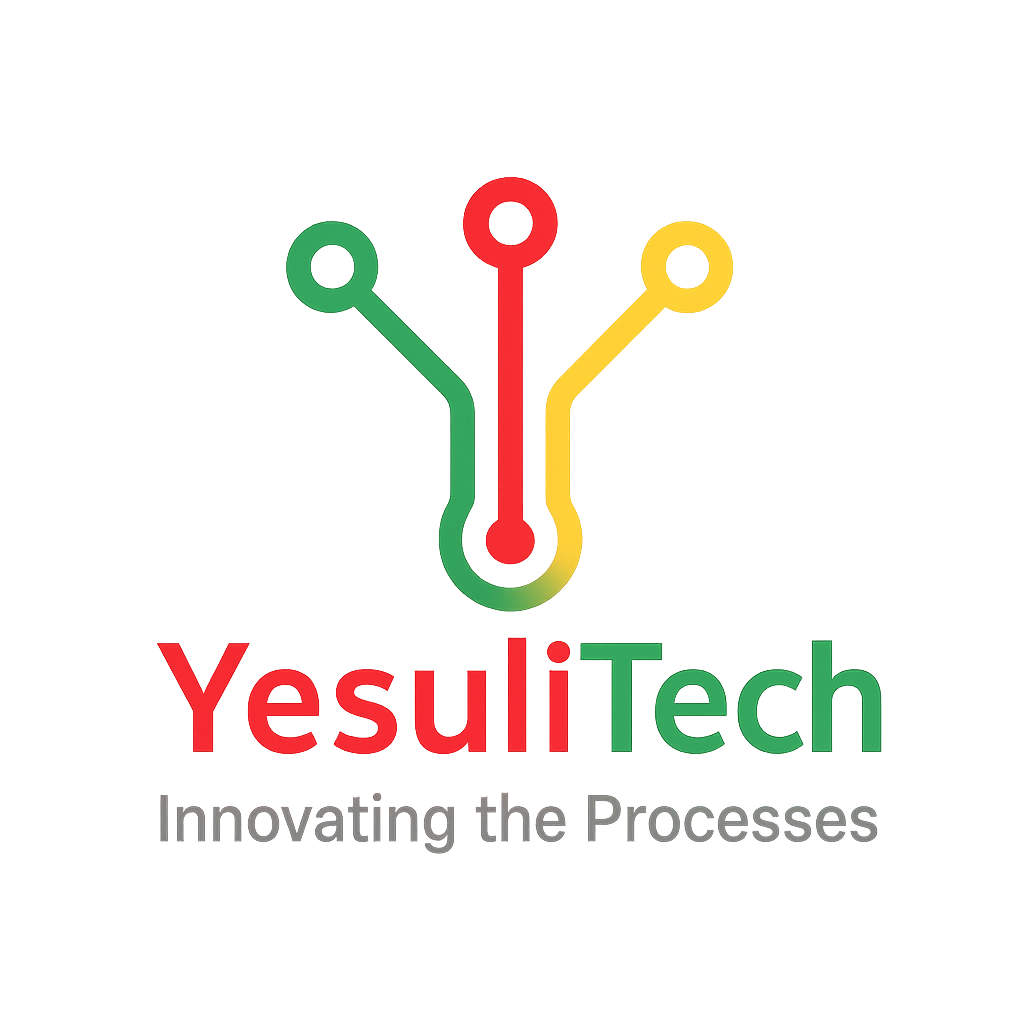Mastering Programming, Software Development, and Software Engineering involves understanding the foundational principles of programming,
including knowledge of various programming languages such as Python, Java, C++, and JavaScript, and their respective syntax and use cases.
It requires proficiency in writing efficient and clean code, debugging and troubleshooting, and applying object-oriented programming principles
to develop scalable and maintainable software solutions.
In the realm of Software Development, essential skills include understanding the software development lifecycle (SDLC), employing methodologies such as
Agile, Scrum, and DevOps to manage and streamline development processes, and using version control systems like Git to collaborate effectively with other
developers. Familiarity with integrated development environments (IDEs) and tools such as Visual Studio Code, IntelliJ IDEA, and Eclipse is also crucial for
enhancing productivity and code quality.
Proficiency in Software Engineering is critical, encompassing skills in designing robust software architectures, applying design patterns, and ensuring
software quality through rigorous testing methods, including unit testing, integration testing, and automated testing frameworks like JUnit and Selenium.
Additionally, it involves understanding principles of software maintenance, refactoring, and technical debt management to ensure long-term sustainability
and performance of software systems.
Advanced topics in Programming, Software Development, and Software Engineering include cloud computing, where skills in platforms such as AWS, Azure, and
Google Cloud are essential, as well as knowledge of microservices architecture and containerization technologies like Docker and Kubernetes for deploying
and scaling applications. Real-world applications and case studies illustrate how these skills are applied in various industries, such as fintech, healthcare,
e-commerce, and gaming, demonstrating the impact of well-engineered software solutions on business success and innovation.
Developing a career in Programming, Software Development, and Software Engineering involves building a robust portfolio of projects, obtaining relevant
certifications, engaging in continuous learning through online courses, workshops, and professional communities, and staying updated with the latest industry
trends and technological advancements. Understanding various job roles and responsibilities, from junior developer to senior software engineer and technical
lead, and developing soft skills such as problem-solving, communication, and teamwork are also vital for career growth and success.
Addressing challenges and future directions in Programming, Software Development, and Software Engineering includes tackling issues related to cybersecurity,
ensuring data privacy and compliance, and exploring emerging technologies such as artificial intelligence, machine learning, and blockchain that are poised
to revolutionize the software industry. This comprehensive guide encourages continuous learning and exploration, offering a glossary of terms,
recommended readings and resources, example code snippets, and tutorials.


